Players 'don't care' that wages are killing Premier League fans
Rampant inflation in wages is sending the cost of tickets spiralling – but what can loyal fans do?
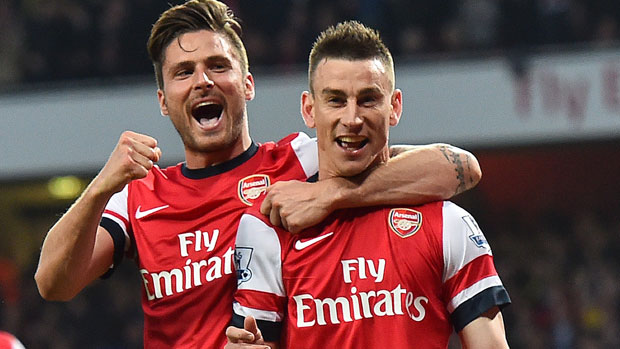
A free daily email with the biggest news stories of the day – and the best features from TheWeek.com
You are now subscribed
Your newsletter sign-up was successful
The debate over the cost of watching football in England, sparked by the BBC Price of Football survey, continues with MPs, pundits and even the BBC's economics editor all having their say.
The fourth annual BBC report, released yesterday, showed that the the price of tickets continues to rise at well above the rate of inflation, with fans now paying on average 13 per cent more to follow their team than they did in 2011, when the first Price of Football survey was published.
Top of the league for ticket prices was Arsenal, where match-day tickets can cost £97 and a season ticket more than £2,000. Even the cheapest season tickets at the Emirates cost more than all but two other Premier League clubs' most expensive season tickets.
The Week
Escape your echo chamber. Get the facts behind the news, plus analysis from multiple perspectives.

Sign up for The Week's Free Newsletters
From our morning news briefing to a weekly Good News Newsletter, get the best of The Week delivered directly to your inbox.
From our morning news briefing to a weekly Good News Newsletter, get the best of The Week delivered directly to your inbox.
Why so expensive?
As BBC economics editor, and Arsenal fan, Robert Peston points out there is little a football-obsessed supporter with a lifelong connection to a club can do about ticket prices. "Only in theory do I have a choice about supporting another club or giving up on Premier League football... But Arsenal and other clubs have a strong local monopoly over me and thousands of others."
The reason for the increase in cost to the supporter is the "rampant inflation" in player wages, which now account for more than 70 per cent of Premier League clubs' expenditure.
"This combination of near monopoly pricing power and irresistible cost pressures from players' wages is bad for everyone... with the exception of a small number of athletes who were born with and nurtured a precious talent."
A free daily email with the biggest news stories of the day – and the best features from TheWeek.com
What do the players think?
Do the beneficiaries of the high ticket prices care about the impact their demands are having on the supporters? Not at all according to pundit Robbie Savage.
"During my 20-year playing career, I never once thought about how much it was costing fans to go to games," he writes in his BBC column. "I never discussed the issue with any of my team-mates at any of my clubs and... ticket prices did not cross my mind once, let alone how much the pies or the programme were costing.
"If someone had come up to me when I was a player and said that ticket prices are too high, I would not have been bothered at all. There is a link between players' wages and the price of tickets but I cannot think of any player, myself included, who thought about that when they were negotiating a contract. I was always thinking of myself."
It's not just tickets
Ticket prices are just one example of clubs "fleecing" their fans, says MP Tim Farron, and the constant release of expensive new kits is another "symptom" of the malaise. He says that third kits are a pointless exercise designed to extract money from supporters. "You don't have to be a genius to work out a sensible colour for your second kit that would make sure you don't clash. There is no reason whatsoever for a third kit. They are pointless."
What is to be done?
"We need to deal with the root cause," Farron tells the BBC. "Legislation is not the answer. There needs to be a radical upheaval of the game and we should move to the German model."
In Germany all clubs (with a couple of exceptions) must be owned by their members, ticket prices are low, grounds are full and the Bundesliga operates at a collective profit. Wage bills, however, are markedly lower.
But the only real solution is the toughest for fans to countenance. "Prices will only fall when demand drops," says Glenn Moore in The Independent. "To force a price cut fans have to do the hardest thing of all – stay away. The danger for the game is that if, and when, they do, they may not come back."
-
 How the FCC’s ‘equal time’ rule works
How the FCC’s ‘equal time’ rule worksIn the Spotlight The law is at the heart of the Colbert-CBS conflict
-
 What is the endgame in the DHS shutdown?
What is the endgame in the DHS shutdown?Today’s Big Question Democrats want to rein in ICE’s immigration crackdown
-
 ‘Poor time management isn’t just an inconvenience’
‘Poor time management isn’t just an inconvenience’Instant Opinion Opinion, comment and editorials of the day
-
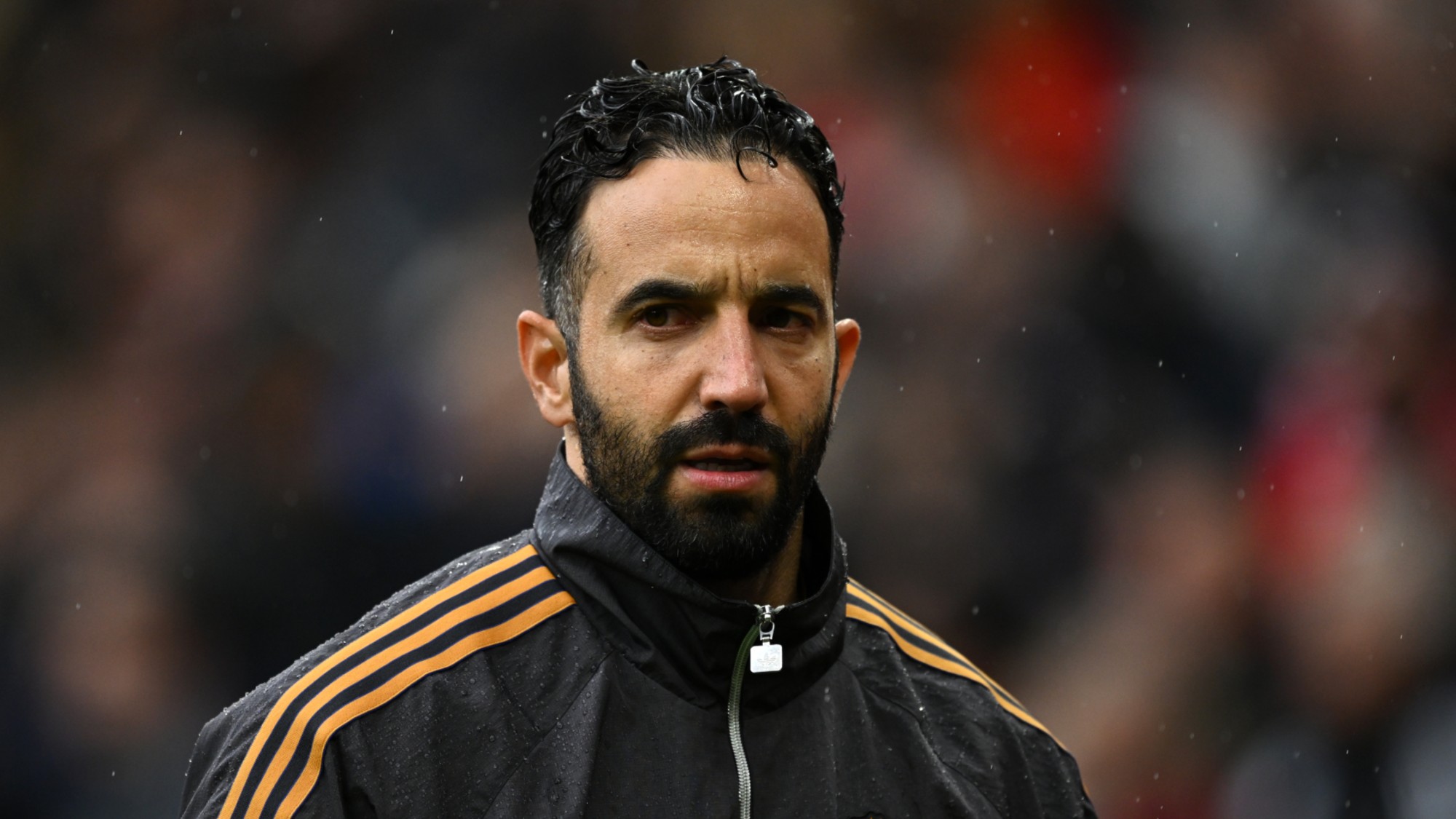 Amorim follows Maresca out of Premier League after ‘awful’ season
Amorim follows Maresca out of Premier League after ‘awful’ seasonIn the Spotlight Manchester United head coach sacked after dismal results and outburst against leadership, echoing comments by Chelsea boss when he quit last week
-
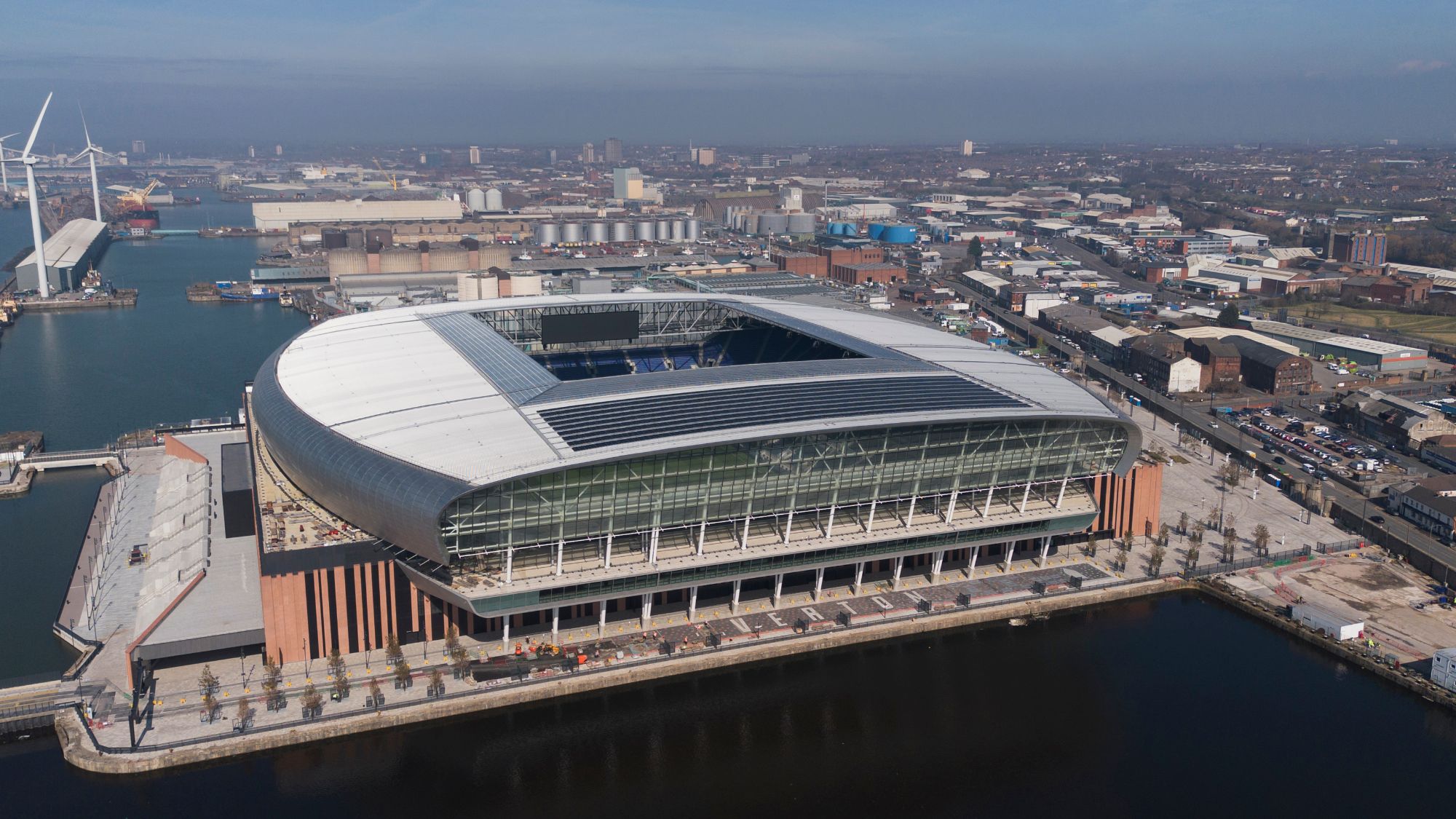 How do new stadiums affect football clubs?
How do new stadiums affect football clubs?In the Spotlight Everton's decision to move its men's team out of Goodison Park could be a catalyst for vital change, but there are cautionary tales too
-
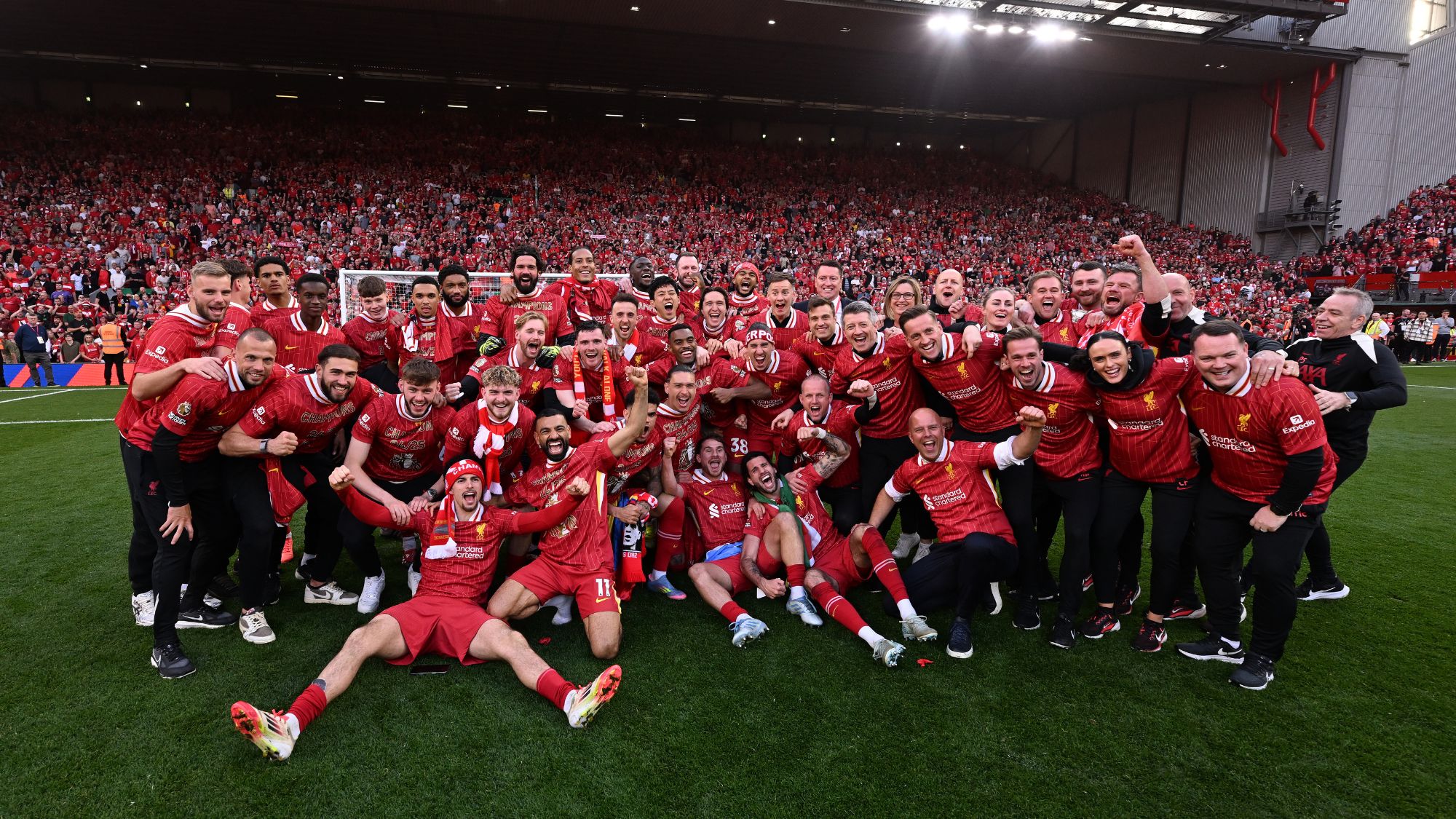 Liverpool's Anfield redemption: how did they do it?
Liverpool's Anfield redemption: how did they do it?Talking Point Arne Slot's blueprint and standout player performances guide the Reds to record 20th league title
-
 Where are all the English football managers?
Where are all the English football managers?Talking Point Eddie Howe's Carabao Cup success underlines absence of homegrown coaching talent in the Premier League
-
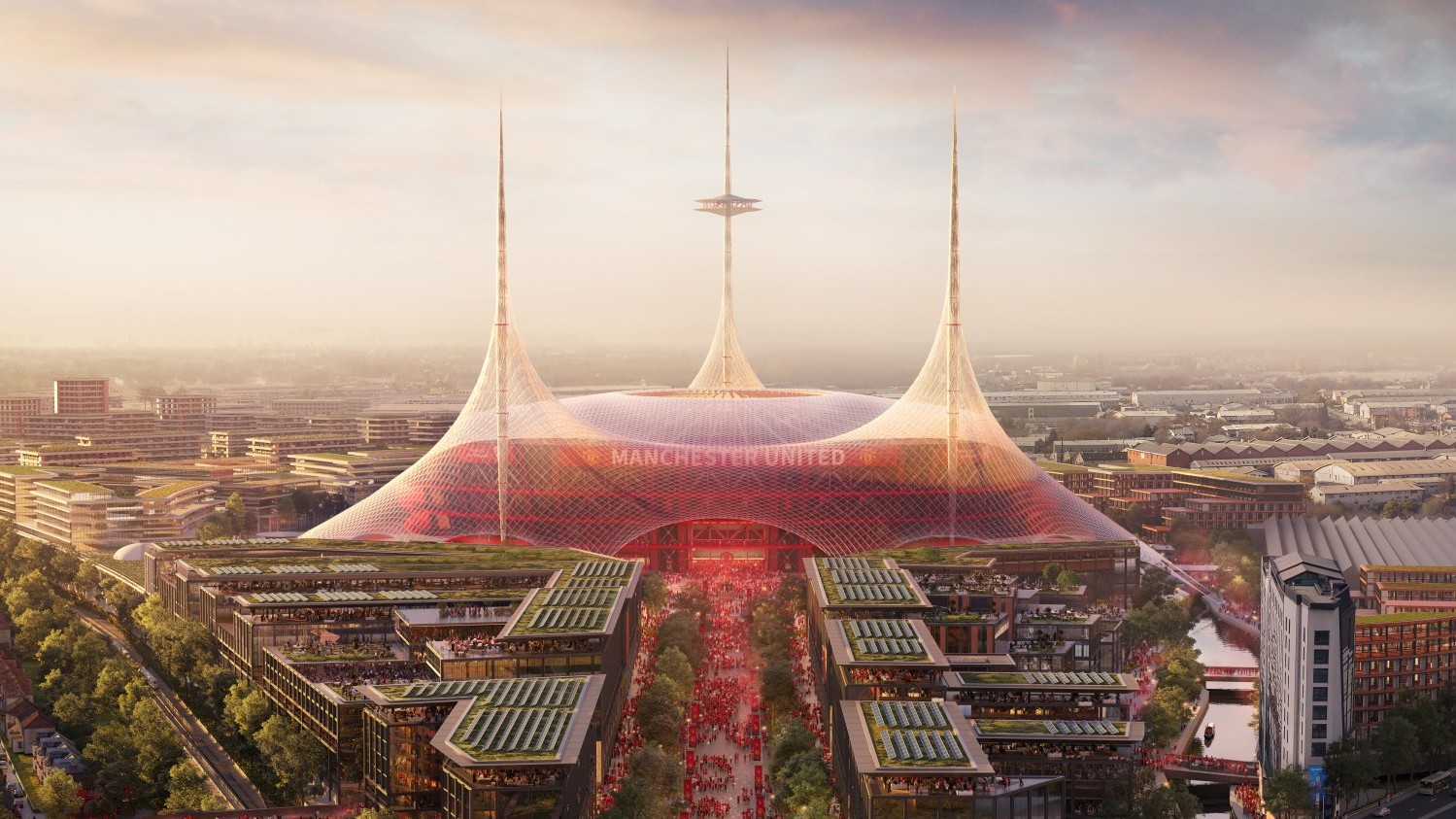 New Trafford: can it fix Manchester United's footballing problems?
New Trafford: can it fix Manchester United's footballing problems?Talking Point Plan for £2 billion stadium despite staff job losses and lack of success on the pitch
-
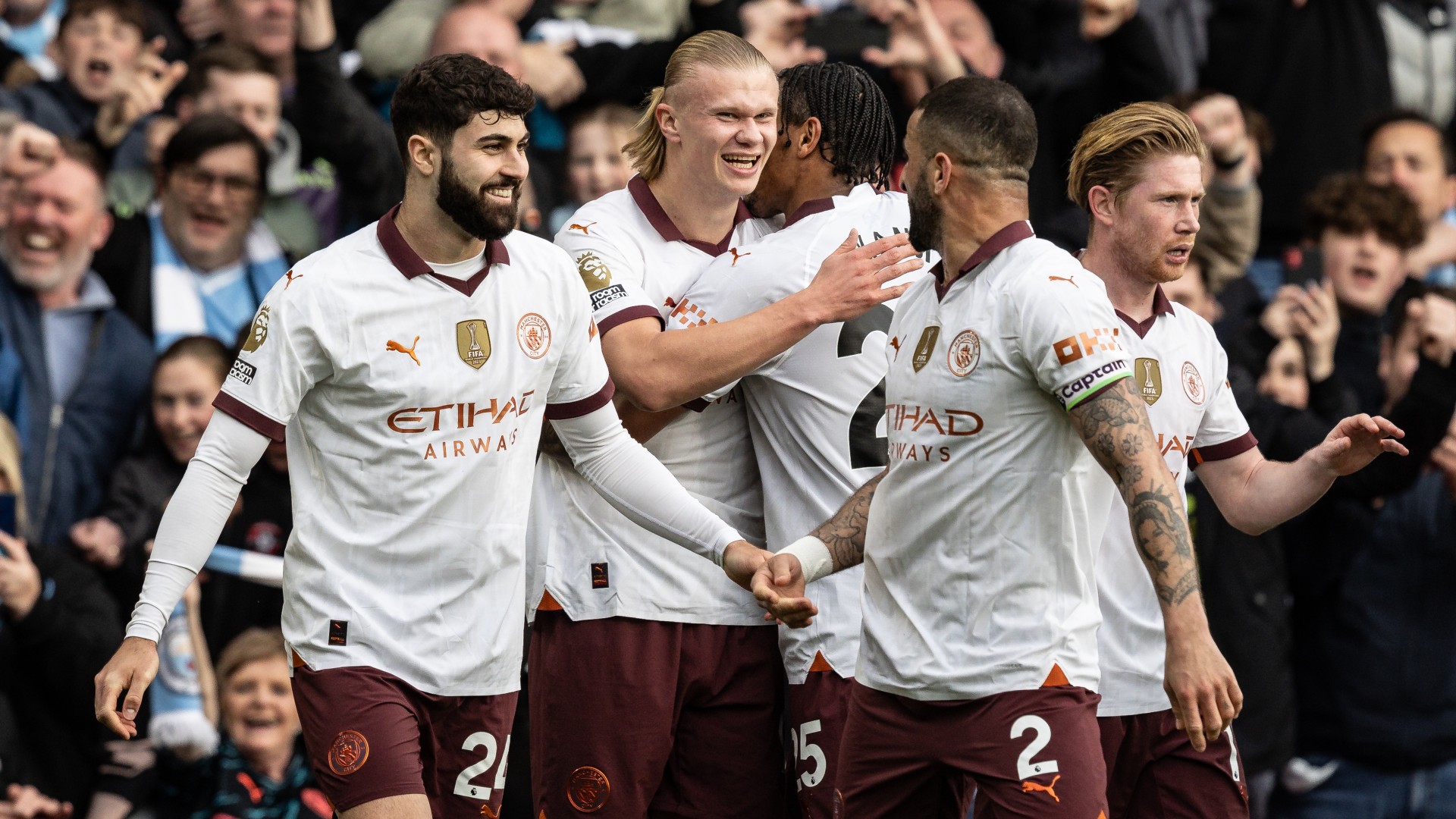 The Premier League's spending cap: levelling the playing field?
The Premier League's spending cap: levelling the playing field?Talking Point Top clubs oppose plans to link spending to income of lowest-earning club, but rule could prevent success gap from widening
-
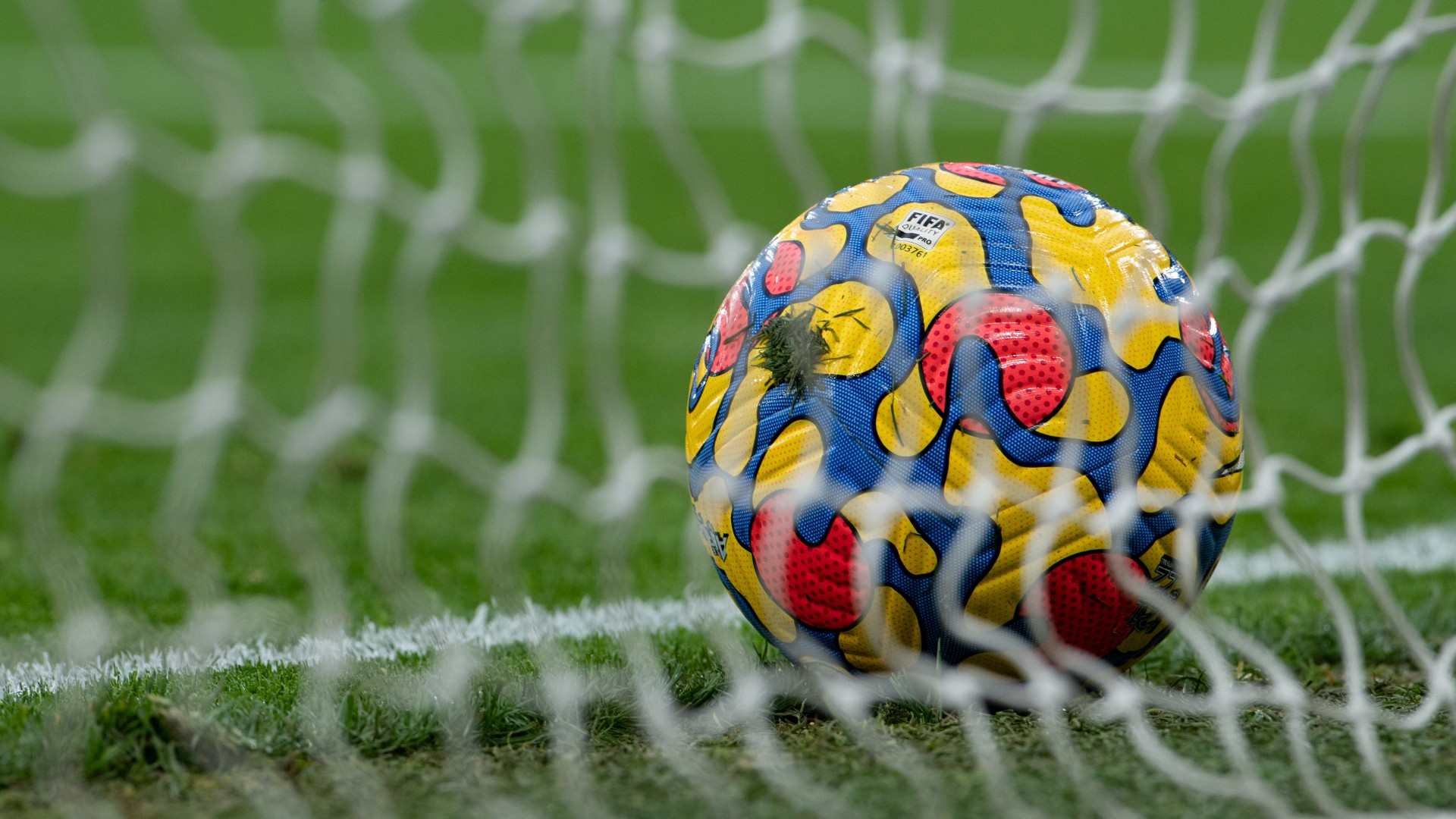 Is a new English football regulator an own goal for the game?
Is a new English football regulator an own goal for the game?Talking Point PM hails 'historic moment for football fans' but West Ham owner warns it could 'ruin' Premier League
-
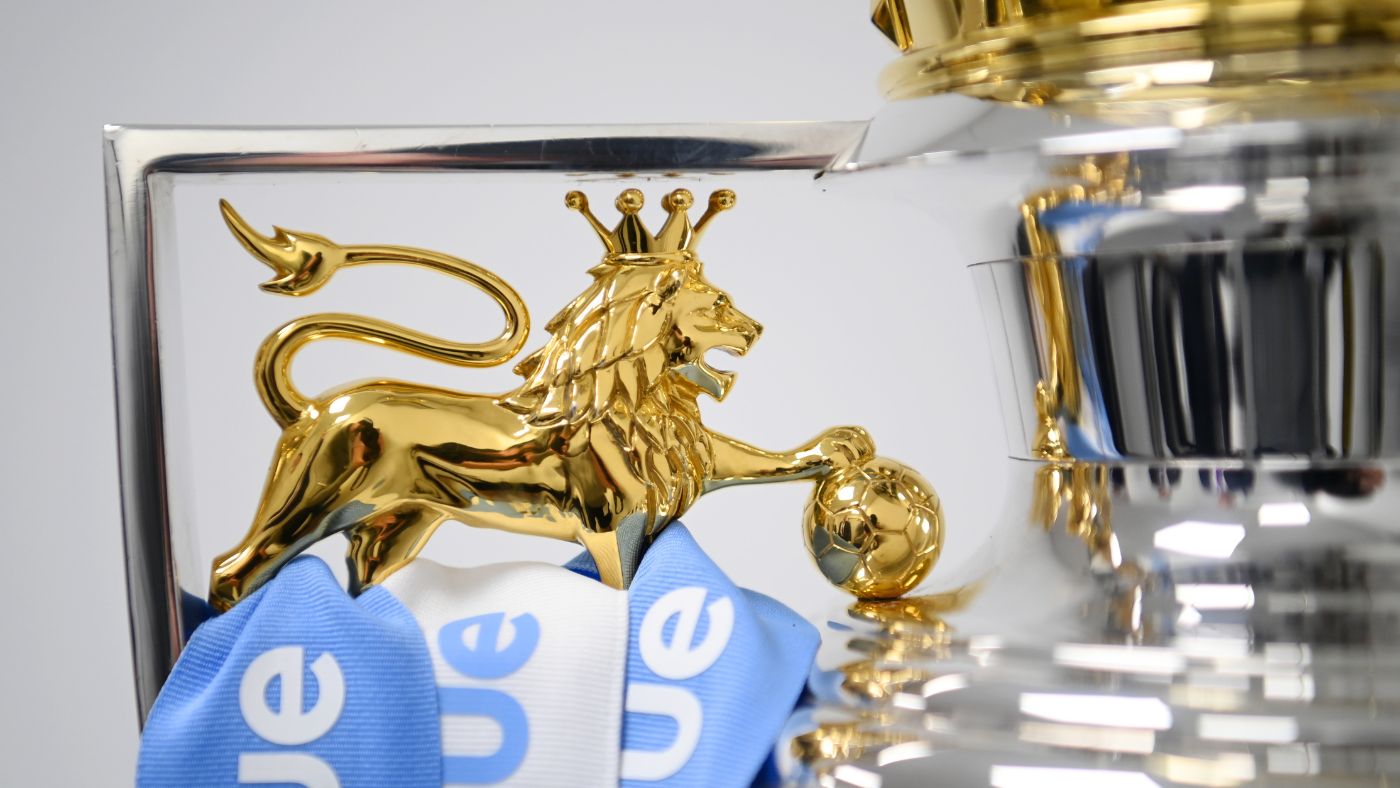 2023-2024 Premier League predictions: champions, relegation and golden boot
2023-2024 Premier League predictions: champions, relegation and golden bootfeature A look at the top flight talking points and pundit picks for the new season